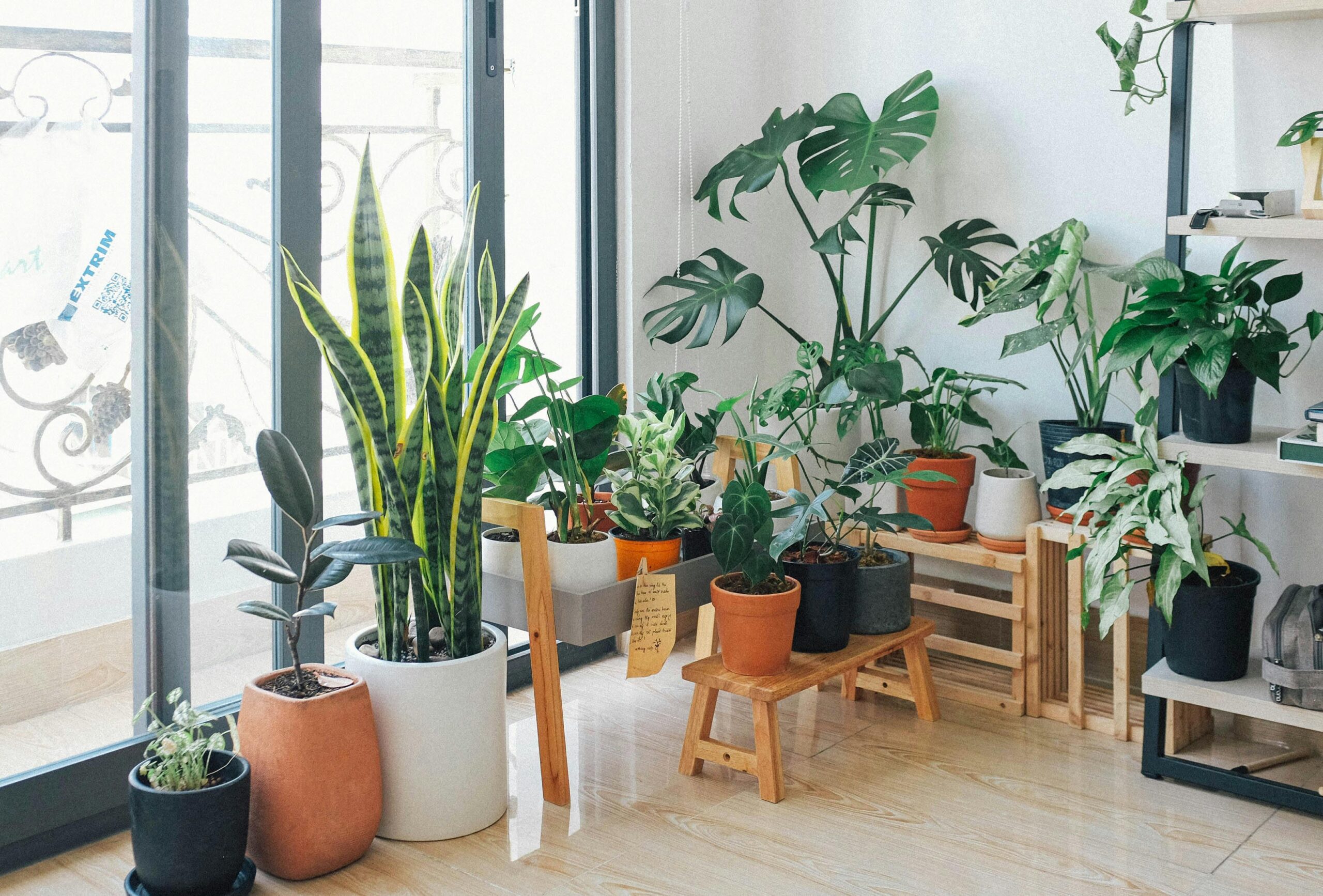Plumbing Repairs: Replacing Faucets, Clearing Clogged Drains, and Fixing Leaks
Table of Contents
Introduction
Plumbing problems can be a major inconvenience in any household. Whether it’s a leaky faucet, a clogged drain, or a burst pipe, these issues can disrupt your daily routine and lead to costly water damage. In this article, we will discuss some common plumbing problems and provide tips on how to fix them.
Fixing Leaks
Pipes and faucets are only two examples of the plumbing system components that can leak. Here are some steps you can take to fix common leaks:
- Leaky Faucet: If your faucet is leaking, tighten the packing nut or replace the washer.
- Pipe Leak: If you notice a leak in your pipes, turn off the water supply and call a professional plumber.
- Toilet Leak: Check the flapper valve and tank chain for signs of wear and tear. If necessary, replace these components.
Your Guide To Basic Home Repairs
Unclogging Drains
Clogged drains can be a frustrating problem. You might attempt the following techniques to clear your drains:
- Plunger: To generate suction and remove the obstruction, use a plunger.
- Drain Snake: If the plunger doesn’t work, try using a drain snake to reach the clog and remove it.
- Baking Soda and Vinegar: First, pour one cup of baking soda and then one cup of vinegar down the drain. Let it sit for a few minutes, then flush with hot water.
Replacing Faucets
Replacing a faucet is a relatively simple task that can be done by most homeowners. Here are the steps involved:
- Turn off the water supply: Find and close the shut-off valves beneath the sink.
- Disconnect the old faucet: Unscrew the supply lines and disconnect the faucet from the sink.
- Install the new faucet: Connect the supply lines to the new faucet and attach the faucet to the sink.
- Turn on the water supply: Turn on the water supply gradually and look for leaks.
Prevention Tips
To prevent plumbing problems, follow these tips:
- Regular maintenance: Have your plumbing system inspected by a professional plumber on a regular basis.
- Avoid harsh chemicals: Using harsh chemicals can damage your pipes and fixtures.
- Address problems promptly: Don’t ignore small leaks or clogs. Fixing them early can prevent bigger problems later.
When to Call a Professional
If you are unable to fix a plumbing problem yourself, or if the problem is severe, it is best to call a professional plumber. They have the tools and expertise to diagnose and repair plumbing issues efficiently.
Conclusion
Plumbing problems can be a nuisance, but with proper knowledge and care, they can be easily resolved. By following the tips in this article, you can maintain your plumbing system and avoid costly repairs.


